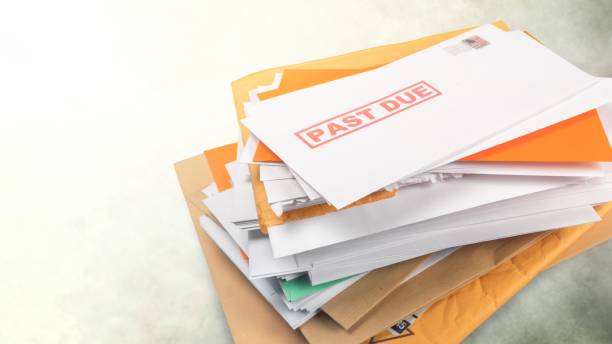6 Strategies for Small Business Owners to Recover Unpaid Invoices
Unpaid invoices can be a serious obstacle for small business owners. They interfere with cash flow, slow down growth planning and they often create unnecessary stress. Although flexible payment terms may help to attract clients, it is necessary to ensure that those terms are observed. Collection of outstanding payments requires a means of persistence, professionalism and strategic follow up. Here are six good ways that will enable you to regain unpaid invoices and have a good financial basis for your business.
1. Communicate Promptly and Professionally
The first procedure that should always be established – once an invoice is overdue – is clear and respectful communication. Sometimes finding such an invoice means nothing to the clients, and a gentle reminder can lead to immediate action. Contact via a concise and business-oriented email or telephone message talking about the invoice number, payment due date, and the amount outstanding. Do not use accusing language, but instead concentrate on collaboration. Most of the time, this first reminder is enough to get payment.2. Set Up Clear Follow-Up Process
Structural follow-ups are a must for the monitoring of the overdue accounts. If the first reminder doesn’t result in payment, schedule additional follow-ups at regular intervals,such as one week and one month following the due date. Each message should become a little more direct but always remain polite. The aim is to stay both consistent and professional with the assurance that the invoice must be paid for.3. Enforce Late Fees When Necessary
When you include late payment fees in your contracts and invoices, you establish a clear precedent with expectation as to timely payments. If you have drawn up these terms beforehand, then you are well within your rights to follow through. Late payment imposes both a deterrent and an incentive on clients to pay their bill as soon as possible. When charging a late fee, inform the client clearly and give the client a last chance to settle before the fee applies.4. Provide Payment Plans to Wiling customers
Not every unpaid invoice is due to negligence, some clients may be facing legitimate financial difficulty. In the event that a customer opens up and is ready to pay, think about providing a structured payment plan. Dividing an invoice to small installments can temporarily relieve the client’s pressure, yet still allow your business to get the money. Such an approach shows that it is flexible and aids one in maintaining a positive relationship with the client.5. Use Automated Invoicing Tools
Technology can greatly simplify the collections process. Software for use in accounting such as QuickBooks, Xero or FreshBooks provides the facility for automating the raising of invoice reminders, implementing late pay fines as well as checking the status of payments. Automated reminders save you the time of chasing up and prevent you from missing a thing. They also create an additional layer of professionalism which communicates with clients that your billing standards are straightforward and serious.




Comments
Post a Comment